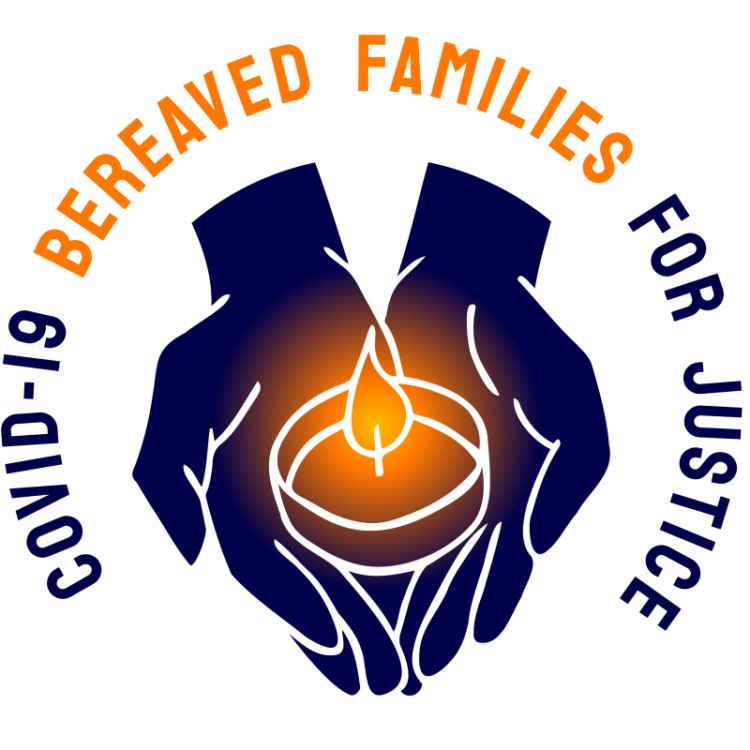By Tony O’Reilly-
The COVID inquiry has “doubled down” on its decision not to examine the impact of structural racism during the pandemic, according to bereaved families and campaigners.
The fact that people from ethnic minority backgrounds, whether healthcare workers, key workers, or members of the public, were disproportionally impacted by COVID-19 and racism should be “explicitly interrogated” by the inquiry, they told a preliminary hearing of the inquiry on Tuesday.
“The evidence that you were significantly more likely to die from COVID if you were BAME is clear cut,” said Charlie Williams, from Covid-19 Bereaved Families for Justice.
“How can the inquiry be expected to learn lessons that will save lives in the future if it won’t touch such an important issue?” he said.
The assertion correlating likelihood of dying from the virus due to ethnicity was briefly investigated by this publication late in 2020 and 2021 in close tandem with The Department Of Health, with questions put to the then equality minister, Kemi Bademoch, to clarify some issues of contention.
The inquiry team said the issue of race or health inequality will be addressed wherever it is relevant to specific evidence sessions – for example the risk of death from coronavirus. However, they dispute any connection between health inequality between races and structural racism in the pandemic.
Lead counsel for the inquiry Jacqueline Cary KC said that inequality was “very much at the forefront of our minds” but that including racism as a specific component was “neither necessary or proportionate”.
However some doctors of African Caribbean decent have claimed they were disproportionately pushed to the forefront of the Nhs at the height of the pandemic, predisposing them more to the virus.
During the pandemic, there were more skilled doctors from ethnic minority backgrounds, and due to a shortage of medical staff, many more were recruited from abroad. The high demand for medical staff which led to the recruitment of many skilled doctors and nurses from ethnic minority groups has been viewed by some as now being conflated with issues of structural racism. Others believe the latter was inherent in the former.
According to a recent analysis of ONS data, the death rate was 3.1 times higher for Bangladeshi men than white British men; 2.3 times higher for Pakistani men; and 1.8 times higher in black Caribbean men.
Rabinder Sherwood, also a member of the families for justice group, lost her parents to the virus in January 2021.
“Now the inquiry has started, how can we not look at this?” she told Sky News.
“We missed it back then during the height of the pandemic and we just cannot miss it now – it is absolutely fundamental.”
Allison Munroe KC, representing Covid-19 Bereaved Families for Justice, urged the inquiry to examine structural racism during each of its modules and appoint an expert “core participant” to ensure the issue is properly represented throughout.
“Until we dismantle those factors which enabled the pandemic to be racialised in its impact we cannot mitigate a similar outcome in any future crisis,” she said.
The current preliminary hearings are about the organisation of the various inquiry topics and evidence sessions.
It will not begin hearing evidence and interrogating witnesses until June.
In her closing remarks, inquiry chair Baroness Heather Hallett said: “My mind is never closed and so I undertake to give careful consideration to all the submissions that were made today.”

